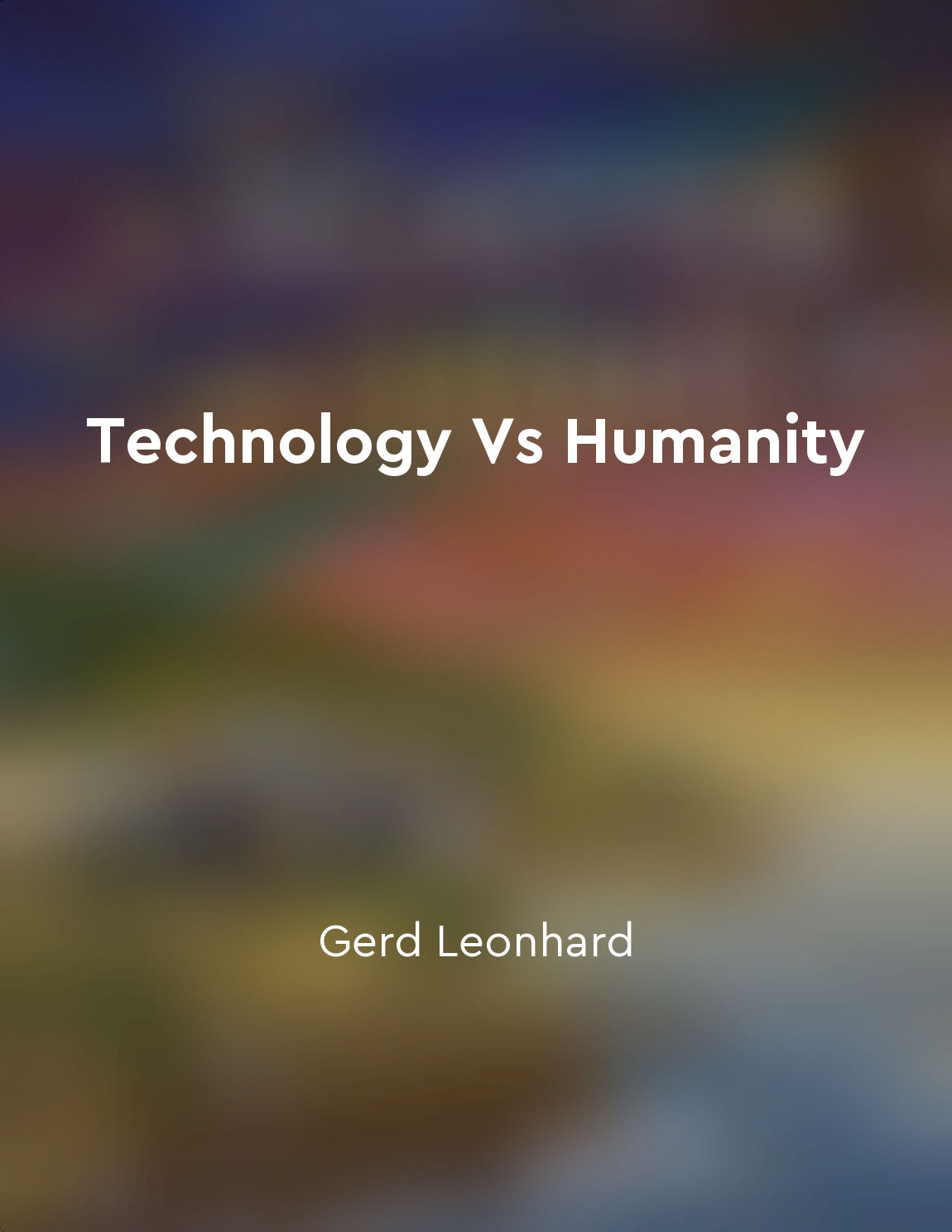Privacy is under threat in this digital age from "summary" of Data and Goliath by Bruce Schneier
In today's digital age, we are constantly generating vast amounts of data as we go about our daily lives. This data, often referred to as "digital exhaust," includes everything from the websites we visit, the products we purchase, to the locations we frequent. While this data can be used to provide us with personalized services and targeted advertisements, it also poses a significant threat to our privacy. Companies and governments are collecting and analyzing this data on a massive scale, often without our knowledge or consent. This data can be used to create detailed profiles of individuals, revealing their habits, preferences, and even intimate details of their lives. This collection and analysis of data can have serious consequences for our privacy, as it can lead to discrimination, surveillance, and even manipulation. Furthermore, the data that is collected is often stored insecurely, making it vulnerable to hackers and other malicious actors. This can result in sensitive information being exposed and used for nefarious purposes. In addition, the increasing use of surveillance technologies, such as facial recognition and location tracking, further erodes our privacy by allowing for constant monitoring and tracking of individuals. Despite these threats to our privacy, there is often little transparency or accountability when it comes to how our data is being collected and used. Companies and governments are able to operate in secrecy, making it difficult for individuals to understand the full extent of the privacy risks they face. As we continue to embrace digital technologies in our everyday lives, it is crucial that we remain vigilant about protecting our privacy. We must demand greater transparency and accountability from companies and governments when it comes to the collection and use of our data. Only by being informed and proactive can we hope to safeguard our privacy in this digital age.Similar Posts
Private governments in workplaces exert extensive control over employees
Workplaces are often run like dictatorships, where employees have little to no say in the decisions that affect their lives. Em...
Technological determinism can limit human agency
In Technopoly, Neil Postman discusses how technological determinism can restrict human agency by emphasizing the idea that tech...
The hierarchy of power is maintained through discipline
The hierarchical structure of power is not simply a matter of control through force or coercion. It is sustained by a complex s...
Gender norms impact online behavior
In the online world, gender norms play a significant role in shaping how people behave. Men and women often conform to societal...

Privacy concerns are often overlooked in the pursuit of profit
In our age of relentless interconnectedness, it's easy to overlook the significance of privacy. The rise of digital networks ha...
The stakes are high
The stakes are high in the battle over data because it is not just about who has access to our information, but also about who ...

Education must adapt to the digital era
Education in the digital era is not simply about integrating technology into traditional teaching methods; it requires a fundam...

Those who contribute to the digital world should be rewarded for their efforts
In the digital age, those who create and contribute to the vast wealth of information online often go unrewarded. This imbalanc...
Surveillance is becoming pervasive in our society
Surveillance is not just limited to the government or a few corporations; it is becoming increasingly ubiquitous in our society...
Privacy protects individual autonomy
Privacy is a critical component in maintaining individual autonomy in the digital age. Without privacy, individuals are unable ...
